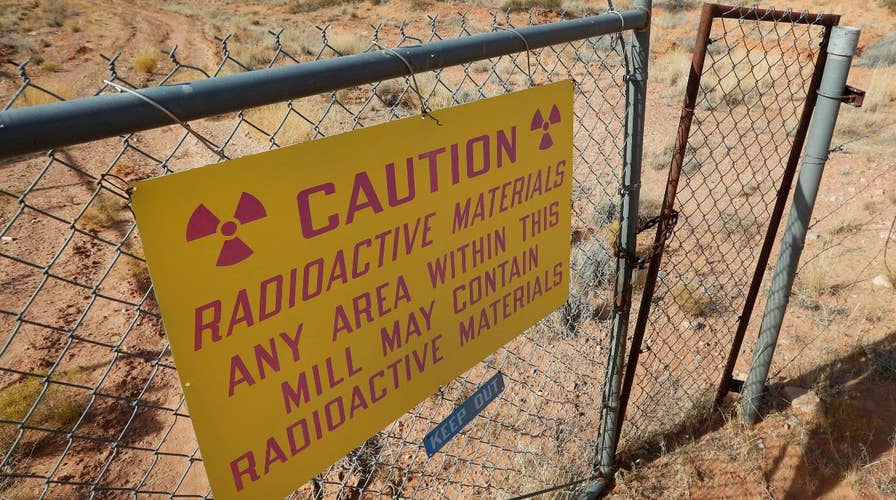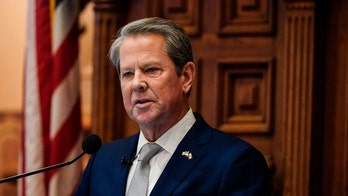New calls for investigation into Russian uranium
In the wake of Uranium One, some lawmakers are now calling for further investigation into Russian influence on U.S. nuclear supply.
As questions and investigations about Russian influence in our election process continue, what many Americans may not realize is that adversarial countries, like Russia, stand to have an outsized influence over our power grid.
Uranium, which is on an Interior Department target list of critical minerals, fuels nuclear power plants, which generate 20 percent of electricity in the United States. It also helps power U.S. Navy assets. One pound of uranium is equivalent to 20,000 pounds of coal. Currently, much of the U.S. uranium demand is filled by Russia, Kazakhstan and Uzbekistan.
Now, two Colorado-based uranium mining companies, Ur-Energy and Energy Fuels, are awaiting word on a petition for relief they filed with the U.S. Commerce Department to investigate whether uranium imports from places such as Russia pose a national security risk.
According to a report this month from the U.S. Energy Information Administration (EIA), U.S. production of uranium concentrate in the first quarter 2018 was down 64 percent since from the fourth quarter 2017 and it was also down 50 percent compared to the same time a year ago (first quarter 2017).
Ur-Energy CEO Jeffrey Klenda said the shrinking U.S. piece of the uranium supply chain costs jobs.
"Over the last three years, both of us have had to reduce our workforces by an excess of 50 percent,” he said. “The harsh reality is we have now been reduced in this country, to a level of production that have not been seen since 1950."
The companies are not seeking tariffs. They want a quota on uranium coming from outside the U.S., so domestic producers can provide 25 percent. Also, they are asking for U.S. agencies that rely on uranium to "buy American" (U.S.-produced material).
If the government agrees, it would be "an excellent way for us to salvage the U.S. market, allow us to be thrown a lifeline and do it in a manner that was the least harmful to our utility customers," Klenda said.
"Right now, the United States, in my opinion, is much too dependent on people who are not our friends for uranium," said Sen. John Barrasso, R-Wyo.
His state is the country's leading uranium producer, according to the Wyoming Mining Association. Referring to Russia, Uzbekistan, Kazakhstan, Barrasso said, "We’re importing uranium from those countries and we’re not producing it in the United States. We should be producing it here, mining it here and enriching it here. To me, that's an importance in terms of energy security as well as national security."

Wyoming Sen. John Barrasso's state is the country's leading uranium producer, according to the Wyoming Mining Association. Referring to Russia, Uzbekistan, Kazakhstan, Barrasso said, "We’re importing uranium from those countries and we’re not producing it in the United States. We should be producing it here, mining it here and enriching it here. To me, that's an importance in terms of energy security as well as national security."
Barrasso's state has plentiful uranium reserves.
Late last year, President Trump issued a presidential order to break U.S. dependence on foreign minerals.
"I think President Trump is focused on the fact there are critical minerals,” Barrasso said. “And for an America first economy and American national security, uranium to me is high on that list."
A spokesperson for the U.S. Commerce Department's Bureau of Industry and Security said the bureau is reviewing the petition from Ur-Energy and Energy Fuels to “determine if it contains sufficient information to initiate an investigation. There is no deadline for completion of this initial review, but Commerce will look to conclude its review quickly."
If hostility erupts and there is a disruption of uranium supply from foreigners, "our U.S. utilities would virtually be in crisis overnight," Klenda said. "When you take a look at these countries as trading partners, often times, these have become adversarial relationships... How much are we going to trust those relationships? Can they hold us hostage anytime they want?"





